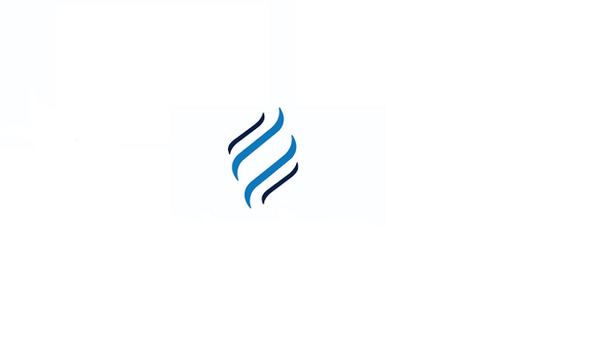Description
Recombinant Human CTLA4 Protein (Fc Tag) | PKSH032341 | Gentaur US, UK & Europe Disrtribition
Synonyms: Cytotoxic T-lymphocyte protein 4;Cytotoxic T-lymphocyte-associated antigen 4;CTLA4;CD152;Cytotoxic T-Lymphocyte-Associated Protein 4
Active Protein: N/A
Activity: Recombinant Human Cytotoxic T-lymphocyte protein 4 is produced by our Mammalian expression system and the target gene encoding Lys36-Asp161 is expressed with a Fc tag at the C-terminus.
Protein Construction: Recombinant Human Cytotoxic T-lymphocyte protein 4 is produced by our Mammalian expression system and the target gene encoding Lys36-Asp161 is expressed with a Fc tag at the C-terminus.
Fusion Tag: C-Fc
Species: Human
Expressed Host: Human Cells
Shipping: This product is provided as lyophilized powder which is shipped with ice packs.
Purity: > 95 % as determined by reducing SDS-PAGE.
Endotoxin: < 1.0 EU per µg as determined by the LAL method.
Stability and Storage: Generally, lyophilized proteins are stable for up to 12 months when stored at -20 to -80℃. Reconstituted protein solution can be stored at 4-8℃ for 2-7 days. Aliquots of reconstituted samples are stable at < -20℃ for 3 months.
Molecular Mass: 41.5 kDa
Formulation: Lyophilized from a 0.2 μm filtered solution of PBS, pH7.4.
Reconstitution: Please refer to the printed manual for detailed information.
Background: Cytotoxic Tlymphocyte 4(CTLA-4;CD152); is a type I transmembrane T cell inhibitory molecule that is a member of the Ig superfamily. Human or mouse CTLA4 cDNA encodes 223 amino acids (aa) including a 35 aa signal sequence; a 126 aa extracellular domain (ECD) with one Ig-like V-type domain; a 21 aa transmembrane (TM) sequence; and a 41 aa cytoplasmic sequence.It is widely expressed with highest levels in lymphoid tissues. CD28 and CTLA-4; together with their ligands; B7-1 and B7-2; constitute one of the dominant costimulatory pathways that regulate T and B cell responses. CD28 and CTLA-4 are structurally homologous molecules that are members of the immunoglobulin (Ig) gene superfamily. CTLA4 transmits an inhibitory signal to T cells; whereas CD28 transmits a stimulatory signal. Intracellular CTLA4 is also found in regulatory T Cells and may play an important role in their functions. Tcell activation through the Tcell receptor and CD28 leads to increased expression of CTLA4.
Research Area: immunology, Stem cells






